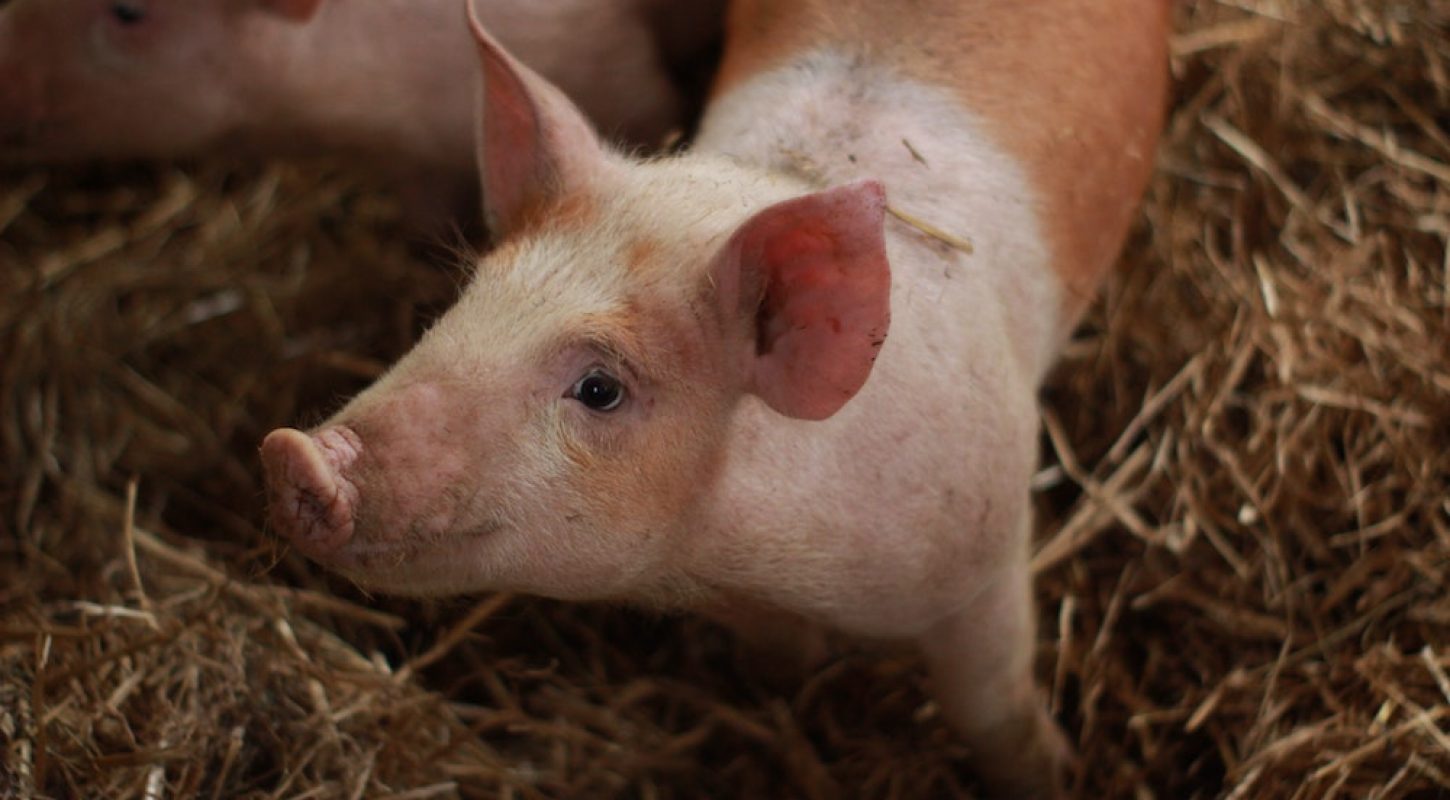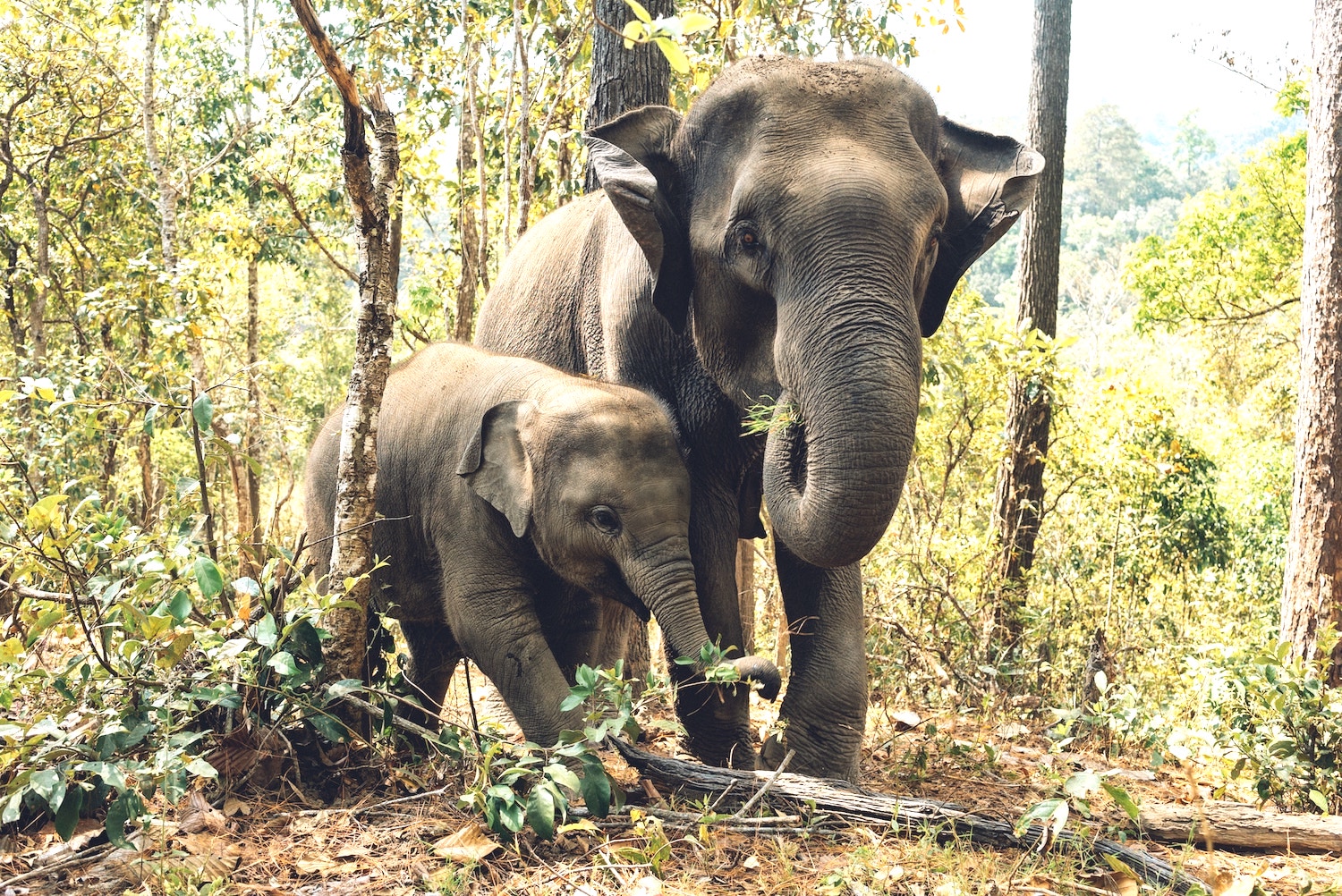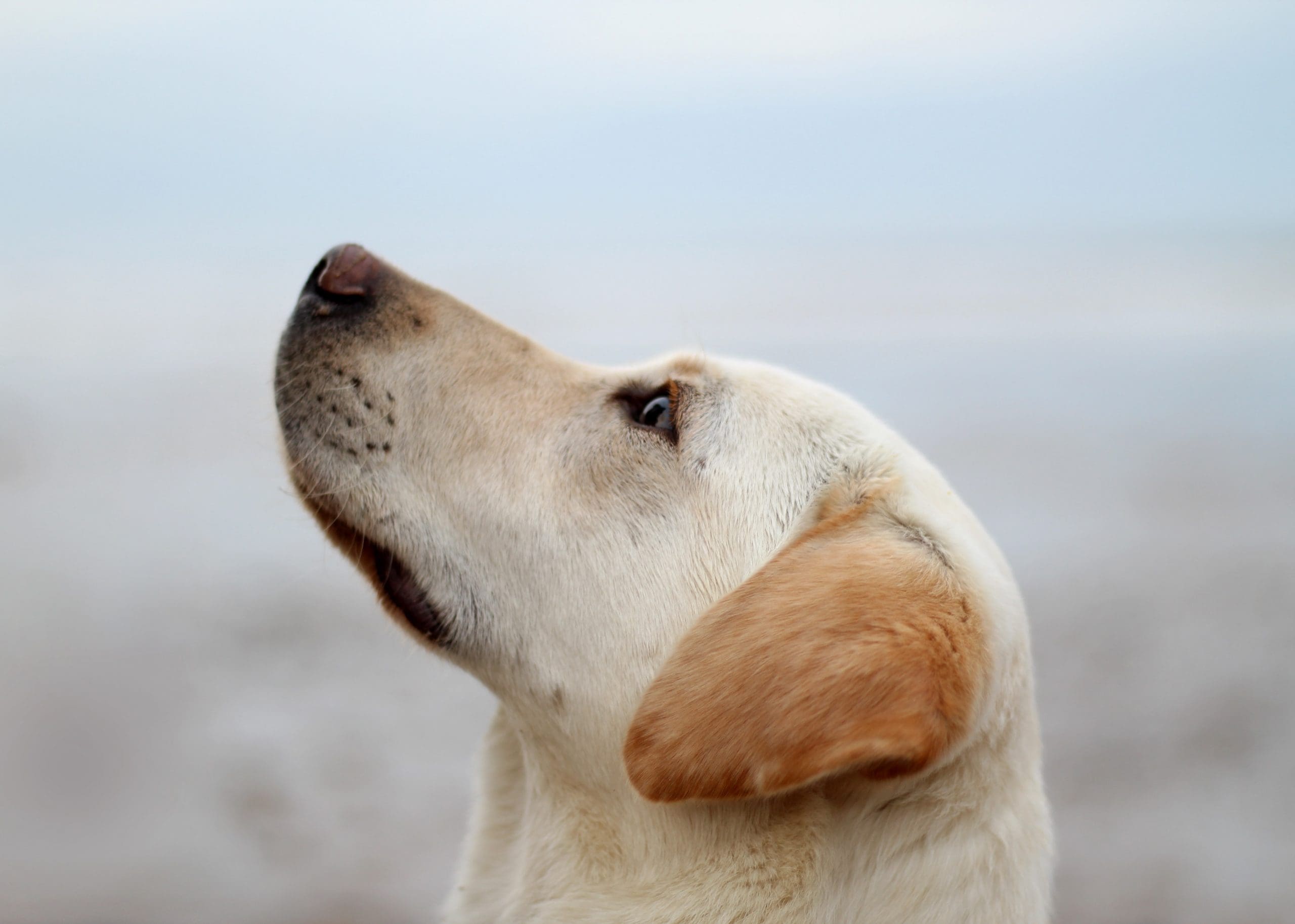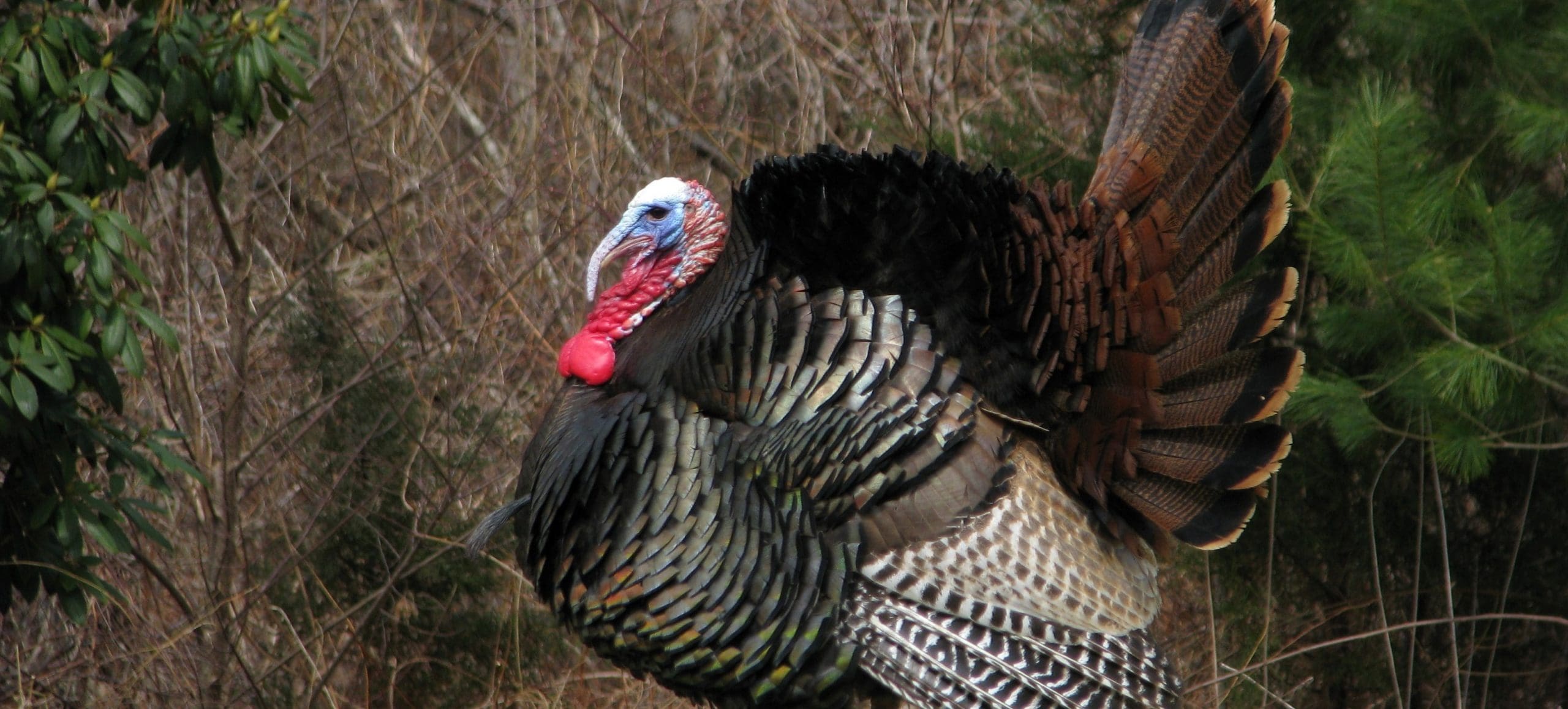I’ve been heartened to see so many communities and individuals step up during this pandemic to help those in need. From providing meals to underserved communities to donating stimulus checks, to fostering and adopting parent-less furry friends, there have been many silver linings to be grateful for. But we have also seen some of the darker corners of our society and economy revealed during this crisis, and today I want to focus on one: the meat industry.
As you may have read in the news, slaughterhouses around the country have become COVID-19 hotspots, as workers are forced to stand shoulder to shoulder rather than the CDC’s recommended six feet apart, causing the virus to spread like wildfire in these facilities. Shockingly, Trump’s recent executive order (more on this below) was supposed to ensure PPE (personal protective equipment) and masks for workers, but reports from workers groups who are in touch with slaughterhouses state this has not happened.
As a result of these COVID-19 outbreaks at slaughterhouses, starting in April many of them began to close down or reduce their workforce. With a heavily reduced workforce, many meat companies found themselves with millions of chickens and pigs on farms but no workers to slaughter them. Disturbingly, some began to mass slaughter these animals on farms using methods that are standards in the industry, despite how horrific they are. These methods include suffocating chickens with foam (which can take up to 4.5 minutes for them to die) or slamming piglets’ heads against the ground, a practice known as “thumping.” These companies could have avoided much of this by simply planning ahead––they could’ve stopped breeding and raising animals and shut down slaughterhouses at the beginning of the pandemic. Due to poor preparedness, there are now thousands of sick and vulnerable workers, and millions of animals are being horrifically slaughtered inside factory farms rather than slaughterhouses and then thrown away. This is incredibly wasteful and terrible for the environment since raising and killing animals is a major greenhouse gas contributor–and they will have been raised (which requires lots of resources land, feed, etc.) and killed only to be thrown into landfills.
Even worse, the industry is asking for bailout money. I’ve signed this petition by Mercy For Animals calling on the USDA to not use taxpayer dollars to bail out these mass killings for an industry that is exploiting animals and humans and to use it to improve practices within the industry and help farmers transition to growing plants instead of animals. I hope you’ll join me in signing too. These petition signatures will go directly to USDA Secretary Sonny Perdue as well as to the trade organizations that represent the meat industry. It’s a simple and quick action you can take right now to help these animals in need.
But the story doesn’t stop there.
Rather than keeping these slaughterhouses closed, President Trump recently signed an executive order to reopen them. This will likely cause further COVID-19 outbreaks at slaughterhouses, hurting the rural communities in which they are located. Disturbingly, this executive order may also help to protect the meat companies from liability, meaning if a worker sues a meat company for unsafe working conditions or inadequate safety measures, the meat company may not be held liable.
Over my years of advocating for animals, I’ve learned a lot of ugly truths about industries that use animals for food, and I’ve been inspired by those working hard to reduce their suffering and ultimately get them out of factory farms. I’ve learned there’s a lot we can do to hold corporations and lawmakers accountable for these issues. But there’s also a simple action we can all take––we can leave animals off our plates and choose delicious, healthy, sustainable plant-based meals! This is a small choice you make three times a day that has a huge impact. It alleviates animal suffering and can also help prevent the next pandemic, as public health officials and organizations agree that factory farms and our raising and killing of animals for food increases pandemic risk. Additionally, it’s optimal for your health, it’s the biggest thing you can do to reduce your carbon footprint., and it re-allocates resources to those that are food insecure.
I hope you all are staying safe and taking care of yourselves during this stressful time. But don’t forget we can take small actions to help those in need––both animals and humans––and today’s petition is one such way.
Photo by Lauren McConachie
Everything we do has an impact on animals, from what we put on our plate…




